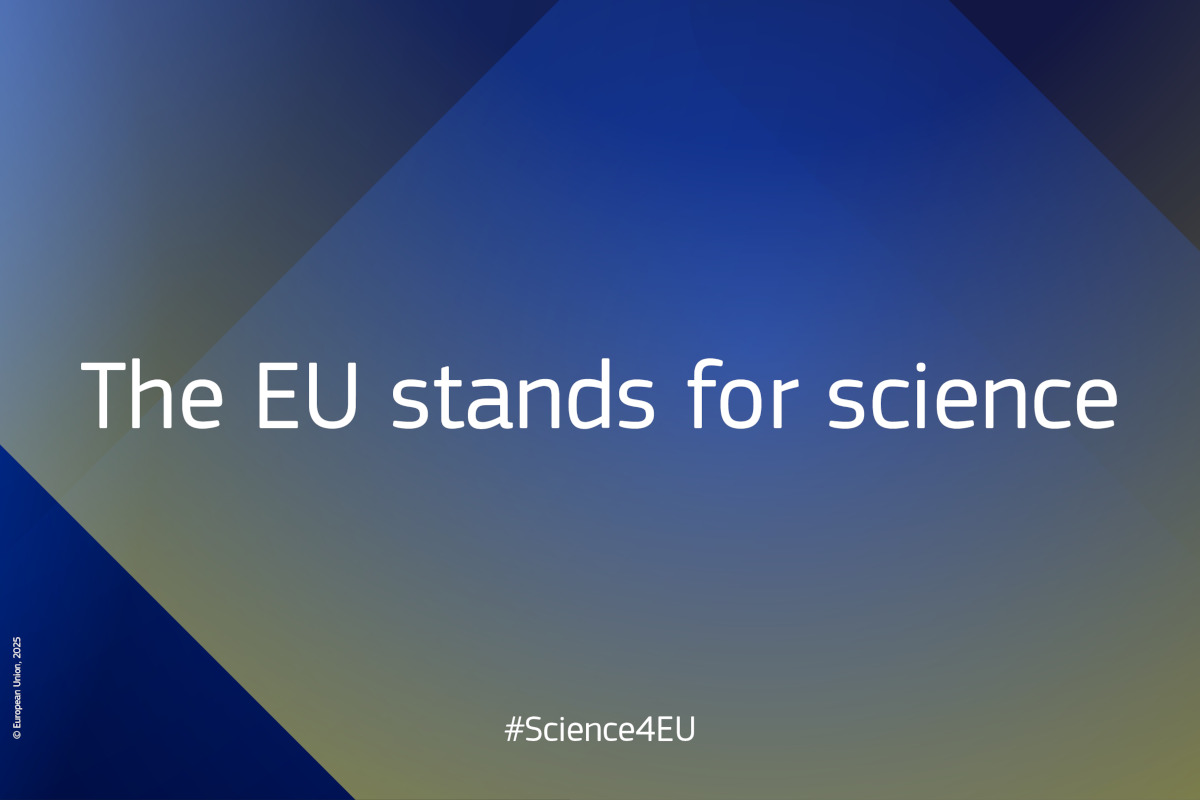An EU-funded research initiative is guiding Europe’s coal regions through the transition to renewable energy, while focusing on job creation and clean energy.
Special series

Science4EU
The Science4EU campaign shows how the EU stands for science. It shines a spotlight on the scientists, researchers, and innovators working with EU support to improve our lives and shape a better future for everyone.
Do you also stand for science?
Podcast
Media AV Portal Audio
More stories

EU-funded researchers are merging multidisciplinary expertise with AI tools to document, reconstruct and preserve Europe’s historical scents.
Most popular
-
1By Michaela Nesvarova
-
2
-
3By Hannah Docter-Loeb
-
4By Andrew Dunne
-
5By Horizon Magazine staff
Top videos
Breaking free from coal: Europe’s regions forge a sustainable future with EU support
11 July 2025
Art meets AI to reinvent tomorrow’s food systems
9 July 2025
Past articles
The human brain is more powerful and energy-efficient than any computer. Scientists are imitating the way it works to produce better computer chips and help deal with the growing amounts of data generated every day.
By involving local communities, EU-funded researchers aim to restore marine ecosystems and turn citizens into ocean stewards.
From Mediterranean olive oil to Scandinavian fish, researchers are integrating digital technologies into Europe’s key food industries to crack down on counterfeit products.
Local and regional authorities play a crucial role in driving the shift toward a circular economy. Leading by example, Finland’s Tampere region is pioneering innovative solutions to cut waste in the construction sector and lower CO₂ emissions.
Across Europe, researchers and industry are making digital education better, smarter and more accessible. By building strong partnerships and sharing knowledge, they are helping shape a future where everyone benefits from high-quality online learning.
Europe’s expansive inland waterways remain underutilised despite their potential. Researchers and industry partners are developing innovative tools, such as digital simulations of river flows or blockchain-powered pollution control, that support smarter, more resilient and sustainable inland waterway transport.
As cities face growing climate and biodiversity challenges, EU-funded researchers are harnessing the power of nature to create greener, healthier and more resilient urban spaces.
Often overlooked, metrology – the science of measurement – underpins countless aspects of daily life, from accurately telling the time to ensuring the security of digital communications.
EU-funded researchers have brought supersolid light to life in the lab and are now exploring how this strange new state of matter could power real-world technologies.
EU-funded researchers are exploring the role of architecture in designing living spaces that harness the healing power of nature to improve the health and well-being of urban populations.
EU-funded researchers are accelerating the rollout of self-driving trucks on public roads to solve driver shortages and improve safety and sustainability in Europe’s logistics sector.
Endocrine-disrupting chemicals are everywhere – from plastics to cosmetics – silently affecting our reproductive health. EU-funded researchers are shedding light on the risks and developing better tests to protect future generations.
Four research institutions were named EU Gender Equality Champions for creating more inclusive and gender-equal research environments. With measures such as boosting parental support and mentoring, or tackling systemic barriers, they are paving the way for even more equality in the future.
Europe has a plan to boost growth and productivity, all while becoming the world’s first climate-neutral continent.
The future of urban mobility is near. EU-backed trials of driverless cars in public transport could make Europe’s city centres affordable, cleaner, safer, more efficient, inclusive and fair.
Crops like chickpeas, fava beans, lentils and quinoa could help make Europe’s food systems more environmentally friendly and sustainable.
EU-funded researchers have developed adaptable robots that could transform the way we recycle electronic waste, benefiting both the environment and the economy.
EU-funded researchers are developing a smarter system of sustainable cooling, replacing toxic refrigerants with safer, more efficient and recyclable metals.
EU-funded researchers are combining cutting-edge research with sustainable forestry practices to protect our forests and preserve the many environmental benefits they provide.
European cities of the future should be greener, smarter and more inclusive, according to young Poles who shared their vision during the EU Youth Policy Dialogue in Warsaw.




























